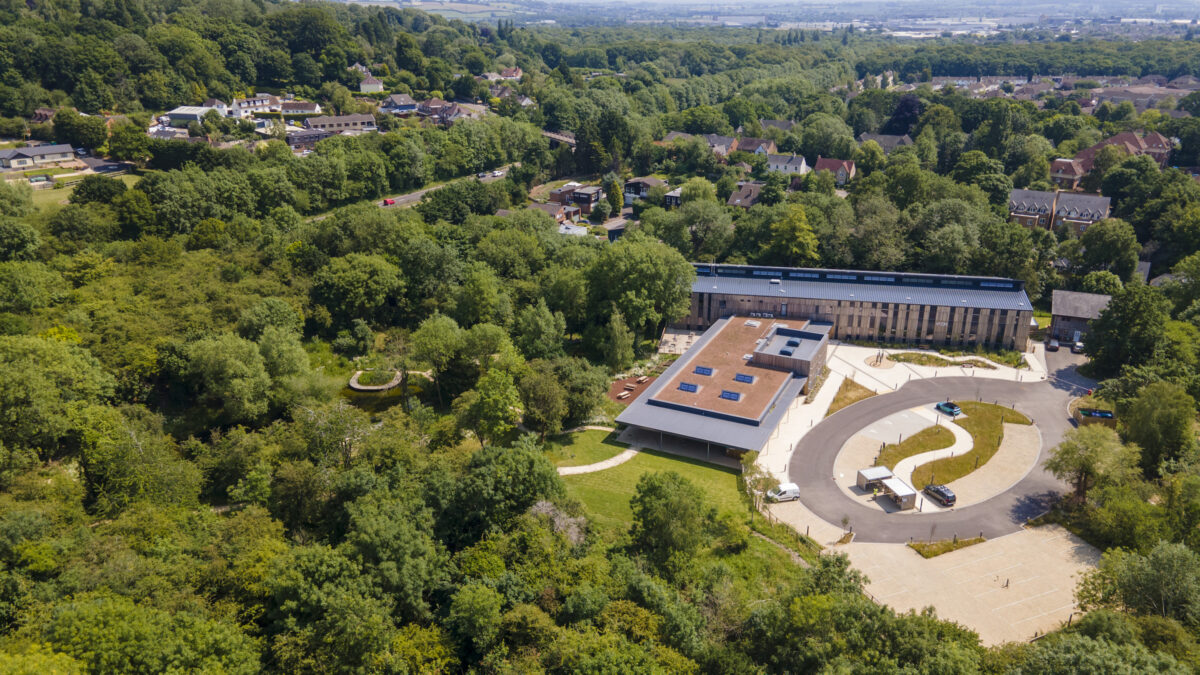
Samsara Therapeutics expands into new R&D lab space at the Wood Centre for Innovation continuing its quest to help patients living with debilitating neurological diseases
Biotech start-up Samsara Therapeutics, an early-stage drug discovery company, has expanded into a further 1,000 sq ft of R&D lab space at The Oxford Trust’s Wood Centre for Innovation in Headington, Oxford’s Health and Life Sciences District to accommodate company growth.
The company, founded in 2018 with operations in Oxford and Boston, USA, was set up with backing from Berlin-based Apollo Ventures, an investor in longevity. They have major collaborations with INSERM and the University of Dundee.
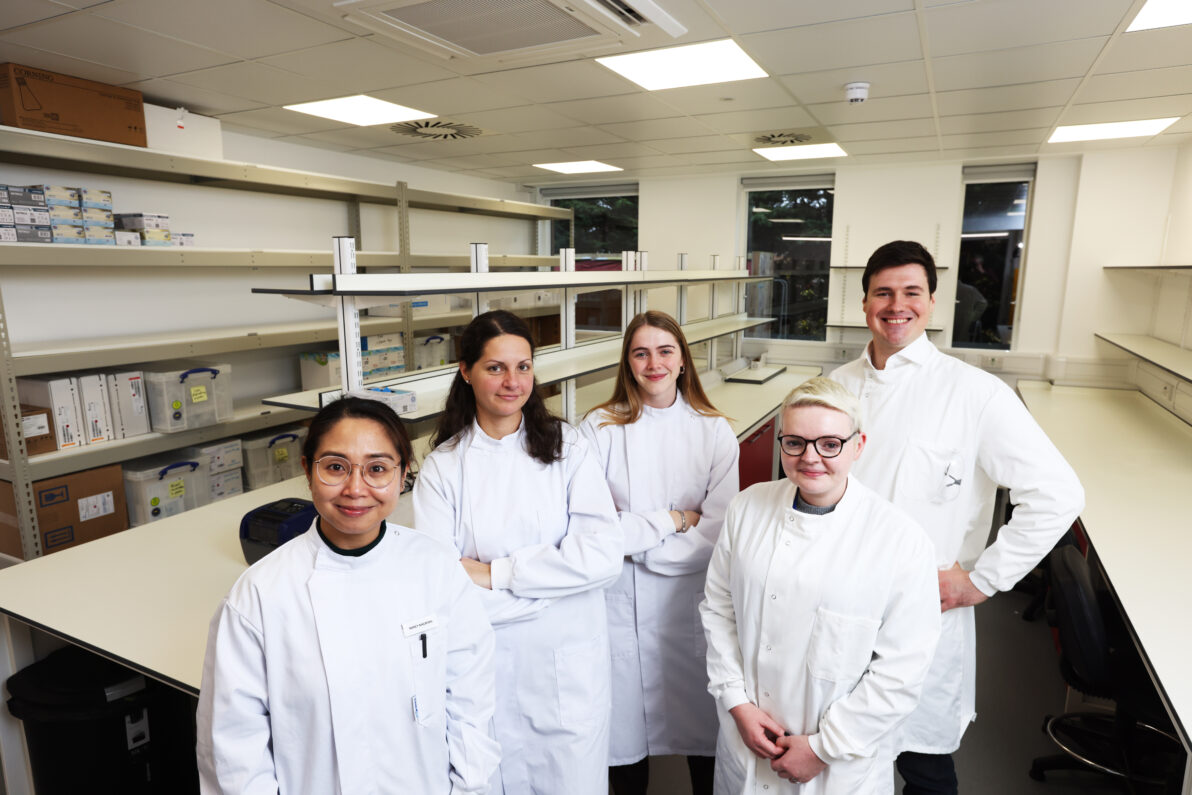
Samsara Therapeutics is working on new therapies for extending healthy ageing and treating age-related and genetic diseases, including Parkinson’s, Amyotrophic Lateral Sclerosis and Charcot-Marie Tooth disease (CMT). They do this by identifying molecules that induce the cellular process of autophagy, which decreases as people age and is dysfunctional in many illnesses.
The company has developed a unique platform, the LysoseekerTM platform, to identify potent autophagy modulators. Their focus is not just on treatment of disease symptoms but on the underlying cause. Currently there are no autophagy-inducing drugs in the clinic or on the market. Samsara aims to be the first company to introduce such a therapeutic.
Samsara Therapeutics moved into the centre in March 2021 with eight people and has rapidly expanded to 16 people and 2,960 sq ft of lab and office space.
The new CL2 lab space, together with a recent recruitment drive, will allow Samsara Therapeutics to increase the drug discovery and validation capabilities in key neuro disease areas.
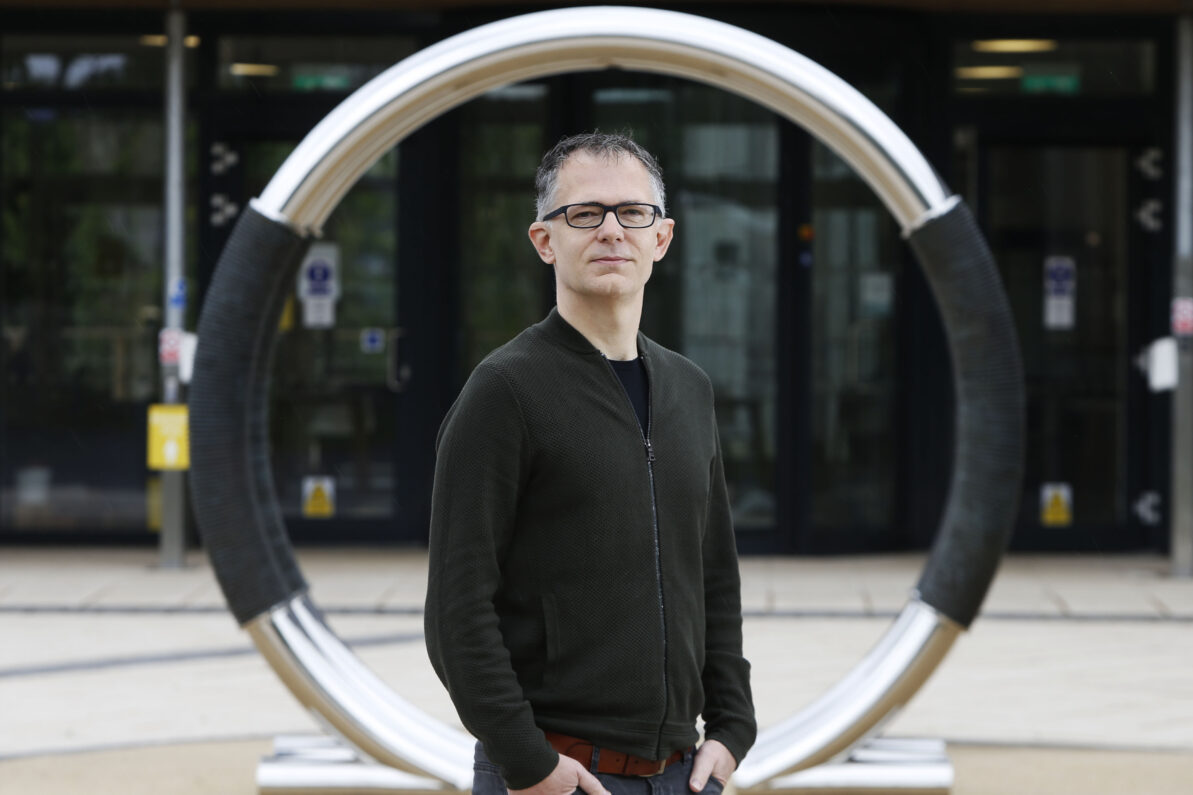
Peter Hamley, chief scientific officer at Samsara Therapeutics said: “Taking lab and office space at The Oxford Trust’s Wood Centre for Innovation has allowed us to expand our research and grow organically, which is incredibly valuable for a biotech start-up such as Samsara.
“With this additional space and recruitment of more staff, we are confident that we will make significant progress towards developing disease-modifying therapeutics for patients living with debilitating neurological diseases. There is compelling evidence from human genetics that many diseases are driven by autophagy dysfunction. Samsara Therapeutics’ mission is to discover new mechanisms which can restore autophagy and deploy new drugs to target these mechanisms.”
In addition, Samsara Therapeutics recently announced funding from the CMT Research Foundation (CMT-RF), a US-based not-for-profit focused solely on delivering treatments and cures for Charcot-Marie Tooth disease (CMT). The partnership with Samsara Therapeutics is the charity’s largest investment to date and is focused on optimising their pipeline of autophagy compounds that may eventually become a treatment option for CMT patients.
CMT affects one in 2,500 people and patients suffer from progressive muscle atrophy of legs and arms, causing walking, running and balance problems and abnormal hand and foot functioning.
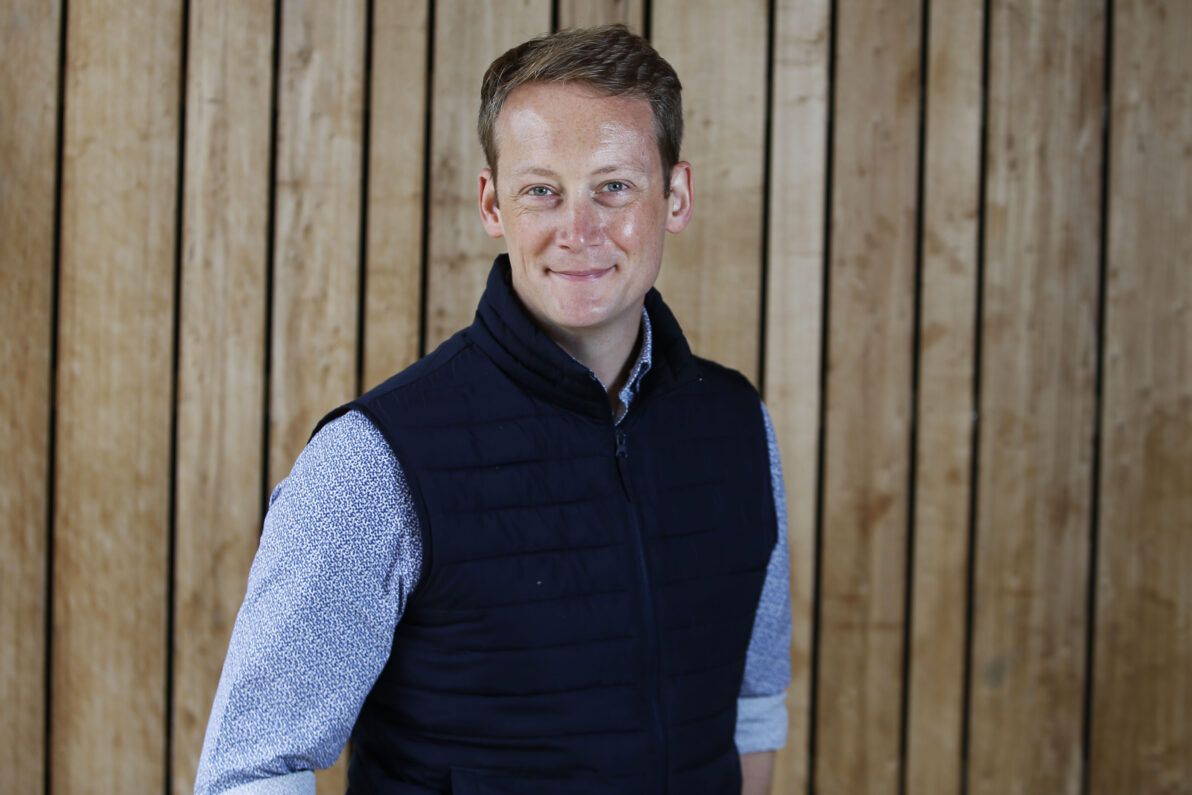
John K Blackwood, vice president of biology, Samsara Therapeutics said: “We have shown that our SAM002-2 series can significantly reduce PMP22 over-expression that causes CMT by stimulating autophagy in axons and Schwann cells restoring neuromuscular impairment and sciatic nerve electrophysiology in preclinical models. The CMT Research Foundation has awarded the grant on this basis.”
Steve Burgess, chief executive officer, The Oxford Trust added: “We are pleased to be able to accelerate lab provision at our Wood Centre for Innovation that provides early-stage companies such as Samsara Therapeutics space and the opportunity to achieve their quest. We wish them continued success.”
The Trust’s innovation centres – the Wood Centre for Innovation and the Oxford Centre for Innovation in the city centre – are owned by The Oxford Trust, a local charity with a mission to encourage the pursuit of science. The centres are managed by Oxford Innovation, a spin-out from The Oxford Trust and the UK’s leading operator of innovation centres.
More in Science
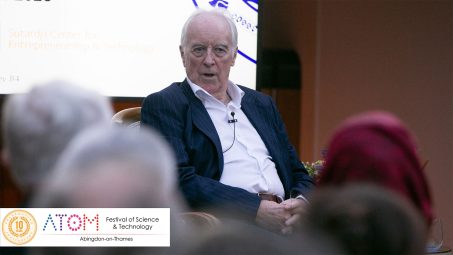
Stephen Clarke: Leading the Way at the ATOM Festival of Science...
Stephen Clarke, our Principal at Cherwell College Oxford, is not only a distinguished leader and former British diplomat, but also a passionate advocate for science and education. As the Chairman of ATOM Festival of Science & Technology, Stephen plays a pivotal role in bringing world-class scientific discussions and innovations to the heart of Abingdon. Stephen’s leadership ensures that the festival remains dynamic, inclusive, and engaging for people of all ages.

Intertronics: Driving Innovation in Adhesives and Assembly Solutions
For over four decades, Intertronics has been at the forefront of providing high-performance adhesives, coatings, sealants, and application equipment to industries that demand precision and reliability. From electronics and medical devices to automotive and aerospace, Intertronics’ expertise ensures that manufacturers can optimise their bonding and assembly processes with cutting-edge solutions.
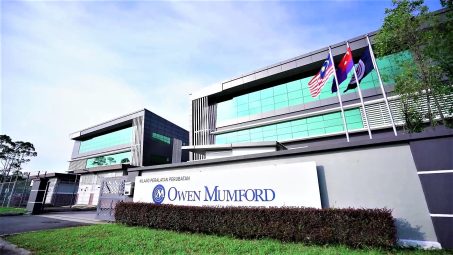
Owen Mumford: 70 Years of Innovation in Healthcare
Owen Mumford has been at the forefront of medical device innovation for over 70 years, pioneering solutions that enhance patient care and improve healthcare outcomes worldwide. Established in 1952 by Ivan Owen and John Mumford, the company has grown into a global leader in medical device design and manufacturing, with a commitment to quality, sustainability, and patient-centred innovation.
From this author

The Oxford Trust secures new building for its Oxford Centre for...
The Oxford Trust, an independent charitable trust established by the late Sir Martin and Lady Audrey Wood co-founders of Oxford Instruments, has agreed a 10-year lease for Blue Boar Court in Oxford’s city centre to house its Oxford Centre for Innovation to support the growth and development of local science and tech start-ups.
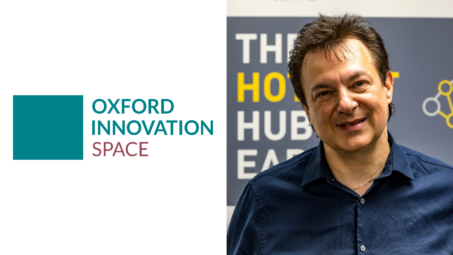
Smart technology consultancy successfully bridging the R&D gap with an injection...
Rufilla, based at Culham Innovation Centre in south Oxfordshire, is at forefront of cutting-edge technology, supporting clients across energy, healthcare and transport to create smart connected devices that push the boundaries of technology to create a safer, greener, and more efficient world. In addition, Rufilla also champions a unique consultancy approach by sharing their technical expertise with their clients to ultimately make their services obsolete.

Exit Right 2024 on Oxfordshire’s Funding Matrix
The Oxford Trust, Oxford Innovation Space and Barclays Eagle Labs’ next Exit Right event is on Oxfordshire’s Funding Matrix on Thursday 3rd October at the Oxford University Museum of Natural History.


